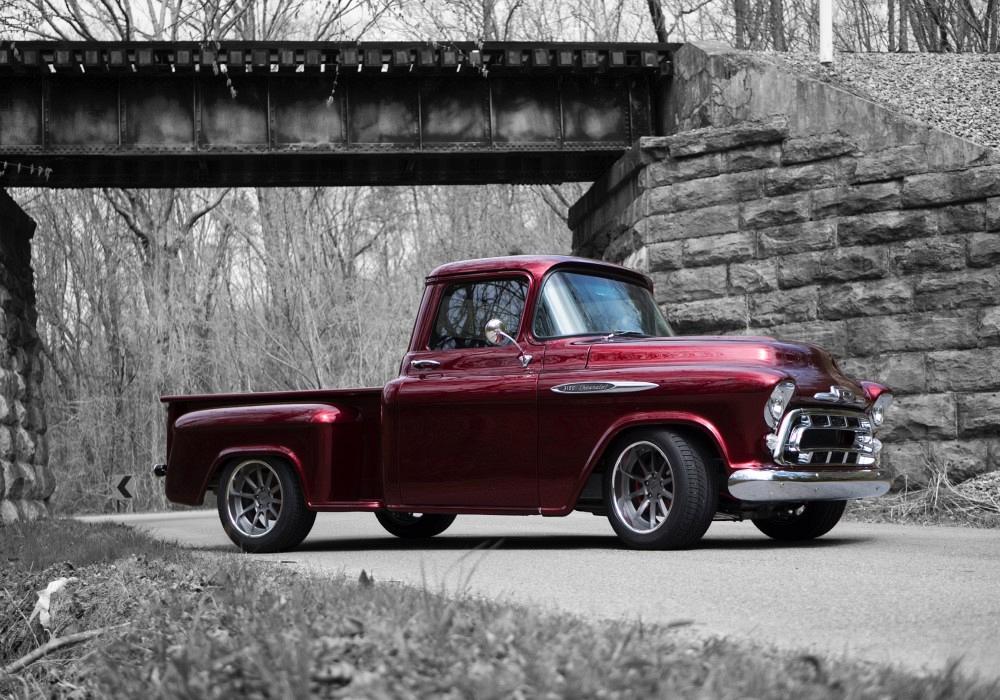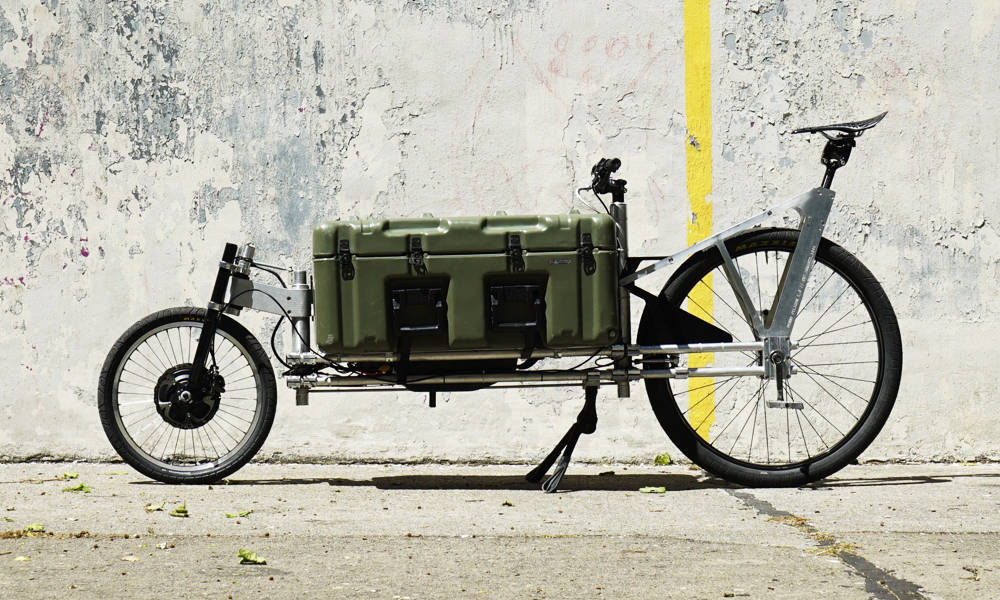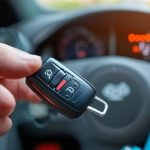From weekend camping excursions to moving equipment for work, towing a trailer gives you a world of opportunities. Turn signals are the most frequent source of annoying incompatibilities that can arise while connecting your trailer’s electrical system to your car. In addition to posing a safety risk, improper trailer light synchronization with your vehicle’s signals may result in legal issues. The first step in troubleshooting and guaranteeing a safe towing experience is to comprehend the causes of these problems.
The Wiring Web: Different Systems and Potential Conflicts
The wiring is frequently the source of the issue. Different wire layouts can be used in cars and trailers; the most popular ones are a 4-way flat connector or a 7-way circular connector. Although adapters are available to overcome these disparities, correct operation is not ensured by merely plugging them in. Older trailers may have antiquated lighting systems or corroded cabling that is incompatible with the electrical systems of contemporary cars. Additionally, some cars employ separate circuits for turn signals and brake lights, while others use common wiring. For expert troubleshooting and resolution, professional Auto Repair in Warwick, RI can help ensure proper connectivity and compatibility.
Load and Resistance: When the Vehicle Gets Overwhelmed
Another common offender is the electrical load difference between car and trailer lighting. LED-illuminated cars are designed to use less power. The added electrical demand from attaching a trailer with incandescent lamps can cause car problems. The car may mistake the larger current draw for a bulb failure due to this overload, causing hyper-flashing or turn signal deactivation. The vehicle’s system may be confused if the trailer wire lacks resistance.
Grounding Issues: The Foundation of Electrical Integrity
Trailer wiring requires grounding like other electrical lines. A poor ground connection can cause many illumination issues, including turn signal failure. A broken ground connection may cause an electrical current to seek alternate channels, often through other lighting circuits, causing dim or flickering lights and erratic turn signal operation. Corrosion, poor connections, and insufficient grounding points may create this issue.
Troubleshooting and Solutions: Getting Back on Track
Diagnose and fix turn signal compatibility issues meticulously. Check all wire connections for corrosion, damage, or loose connections. Make that the trailer ground connection is clean and securely connected to the frame. A multimeter can evaluate connector wire voltage and continuity to identify wiring faults. LED lighting in the trailer may reduce current demand if an electrical overload is the cause. A trailer light isolation module can let the lights run independently from the car’s electrical system, avoiding incompatibilities. Take the time to understand and correct these common compatibility issues to ensure a safe and legal towing experience and enjoy the freedom and flexibility of towing.











